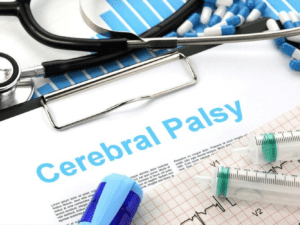There are 10 promises to see beyond the stigma and make mental health more visible at work
Promise to:
1. Encourage open conversation about mental health.
Embracing conversation about mental wellbeing in the workplace helps to normalise issues so that people feel comfortable putting up their hands when they are struggling.
2. Take regular breaks.
Get some fresh air, go for a walk or simply move around once an hour to increase work productivity and avoid burnout.
3. Practice zero-tolerance toward bullying and discrimination.
Contribute to a supportive, inclusive workplace by watching out for those at risk, identifying the source of any bullying, and following safe reporting and response procedures.
4. Try not to take work home.
Maintain a health work-life balance. Ensure you get adequate downtime at home and take pleasure in giving your full attention to the people around you.
5. Ensure all employees have a voice.
Workplaces where all staff feel empowered to speak up and participate in decision-making are more productive and mentally healthier because they foster a culture of belonging and inclusion.
6. Be a team player.
Your work team can be a vital form of support when work gets tough. To build a more effective and cohesive team, why not take some time out to really get to know your colleagues with a simple activity like a lunchtime walk or just eating lunch together.
7. It’s okay to say ‘no’.
Stay on track at work and avoid taking extra stress. Learn to say ‘no’ when demands on your time and capacity reach the limit.
8. Take a mental health day
It can be hard to open up needing a personal day because of stress, low mood or anxiousness. But mental health days are important for individuals and for our workplaces.
9. Bring a can-do attitude to work
Being positive at work, practicing open communication, staying motivated and being a team player can help you feel more engaged and contribute to a sense of purpose and heightened wellbeing.
10. Educate staff on maintaining wellbeing
Share information about mental health in the workplace. Promote early identification of symptoms and encourage help-seeking.




